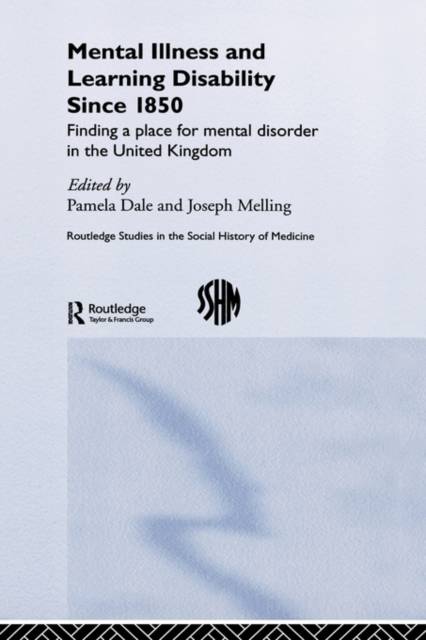
- Retrait gratuit dans votre magasin Club
- 7.000.000 titres dans notre catalogue
- Payer en toute sécurité
- Toujours un magasin près de chez vous
- Retrait gratuit dans votre magasin Club
- 7.000.0000 titres dans notre catalogue
- Payer en toute sécurité
- Toujours un magasin près de chez vous
Mental Illness and Learning Disability since 1850
Finding a Place for Mental Disorder in the United Kingdom
Description
Taking forward the debate on the role and power of institutions for treating and incarcerating the insane, this volume challenges recent scholarship and focuses on a wide range of factors impacting on the care and confinement of the insane since 1850, including such things as the community, Poor Law authorities, local government and the voluntary sector.
Questioning the notion that institutions were generally 'benign' and responsive to the needs of households, this work also emphasizes the important role of the diversity of interests in shaping institutional facilities.
A fresh, stimulating step forward in the history of institutional care, Mental Illness and Learning Disability since 1850 is undoubtedly an important resource for student and scholar alike.
Spécifications
Parties prenantes
- Editeur:
Contenu
- Nombre de pages :
- 256
- Langue:
- Anglais
- Collection :
- Tome:
- n° 22
Caractéristiques
- EAN:
- 9780415364911
- Date de parution :
- 02-03-06
- Format:
- Livre relié
- Format numérique:
- Ongenaaid / garenloos gebonden
- Dimensions :
- 155 mm x 241 mm
- Poids :
- 512 g

Les avis
Nous publions uniquement les avis qui respectent les conditions requises. Consultez nos conditions pour les avis.





